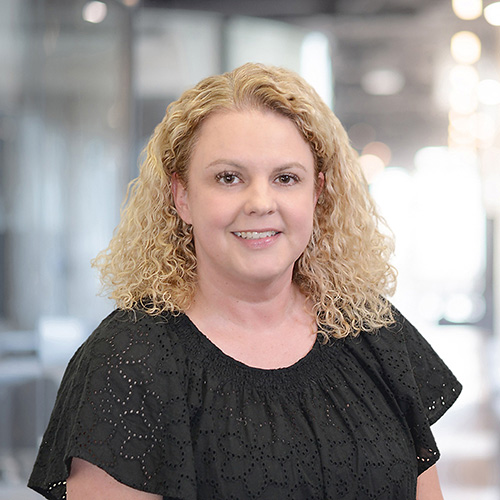Nicki Zieber, MS, PhD
Assistant Professor
Research interests: how infants process faces and bodies as social objects; how infants perceive emotion from facial or bodily expressions.
In 2018, Dr. Zieber was awarded a NIH Pathway to Independence grant under the mentorship of Dr. John Colombo, Director of the KU Life Span Institute. She completed an online and in-person study with 7.5-month-olds examining emotion detection in young infants before obtaining a position at Kansas City University. Her position with KCU will allow for the next phase of research on emotion detection to be completed over the next 3 years as an independent investigator. The study will utilize eye-tracking methodology and relate how a low-level perceptual process (how rapidly 7.5-month-olds detect emotion from facial expressions) relates to later social outcomes in the 2nd year of life.
Current study information:
As babies grow, they are always watching and learning from your face-to-face interactions. By the end of the first year, infants understand what facial expression goes with what emotion (for example, smiles mean that you are happy). But before they can learn the meaning of emotional expressions, their visual system must first be able to detect an emotional expression is present. We are studying how quickly babies detect emotional expressions, something they first must be able to do before understanding the difference between emotional expressions. Additionally, we are seeing if rapid detection of emotion information (a perceptual process) is related to better social outcomes at 18 months of age.
In a research appointment in our lab, an infant sits on their parent's lap while they watch emotional facial expressions presented very rapidly (some subliminally) on a TV screen. We have a special camera that records exactly where they are looking on the screen. We look at whether their eyes are automatically drawn to the location of an emotional compared to a neutral face. Currently, we are looking for parents with infants 7 months old or younger to participate in a one-time research appointment that takes only 30 minutes to complete. Most of the time is spent explaining the consent form and filling out a questionnaire, while the time the child spends in the room with the TV is only about 5 minutes.
